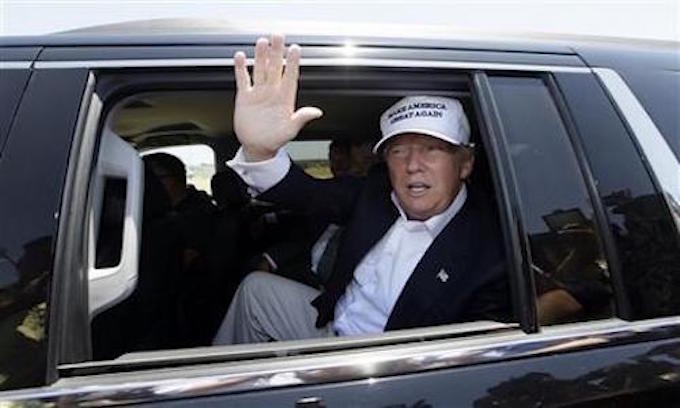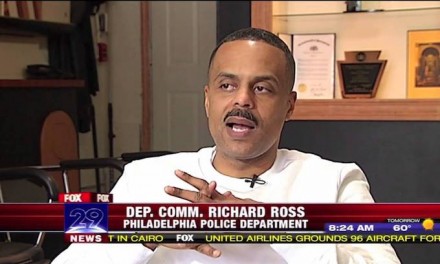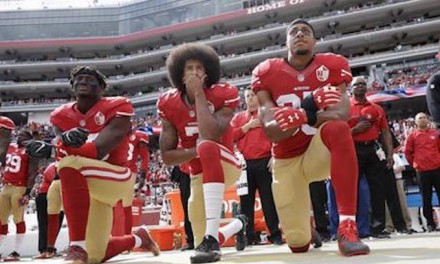After all sorts of hand-wringing over the placement of our primary at the useless end of the presidential election cycle, California — the state with the most delegates to give and one of the final six states to award them on June 7 — may very well decide whether Donald Trump is the Republican nominee. That’s a lot of power and responsibility, for Trump and for California.
The New York Times projected Wednesday that if Trump maintains his current level of support in the remaining races, he “would almost certainly secure the nomination.” Not only that, but the projection shows him securing it in California — with this caveat, “If Mr. Trump loses California, he could narrowly miss the delegate cutoff.” Brace yourselves.
Trump is already saying that if he just misses closing the deal and an open convention goes against him there would be “riots” and “problems like you’ve never seen before” and “I wouldn’t lead it, but I think bad things would happen.” So much for him asking supporters to act peacefully as we urged candidates on both sides of the aisle to do this week.
Even as Hillary Clinton solidified her hold on the Democratic nomination Tuesday, Trump remained the clear GOP frontrunner. So will he win the nomination outright by claiming 1,237 of the 2,472 Republican delegates before the party’s Cleveland convention in mid-July?
Trump is more than halfway to the magic number now. Texas Sen. Ted Cruz is about a third of the way there but faces near impossible odds of hitting the necessary target. And Ohio Gov. John Kasich sounds resurgent after winning all of Ohio’s 66 delegates Tuesday.
Where does that leave us? That leaves the establishment candidate, Florida Sen. Marco Rubio, bowing out of the race after Trump trounced him in his home state and Kasich “getting ready to rent a covered wagon” and head west “to California,” despite needing a mathematically impossible 112 percent of the remaining delegates to win the nomination on a first ballot at the Republican convention.
That leaves Trump, Cruz and Kasich thinking about how they might corral sufficient delegates on a potential second or third or — as was needed in 1880 — 36th vote at the GOP convention.
That leaves House Speaker Paul Ryan, 2012 Republican candidate Mitt Romney’s vice presidential pick, denying he’d accept the 2016 GOP nomination, if it were offered to him at the convention. (Ryan, also previously said, of course, that he wouldn’t run for speaker last year.)
And that leaves Ron Nehring, California chairman and national spokesman for the Cruz campaign, crowing. In a post Wednesday on FlashReport, he wrote that 14 of the remaining 22 contests are closed primaries like California’s, meaning only registered Republicans can vote. Four other contests allow independents to vote in the Republican primary and four others allow Democrats to vote for a Republican, if they so choose.
Trump, Nehring notes, has won just six of 16 closed primaries so far and does better when Democrats can vote in GOP primaries.
Will enough California Republicans want a contested convention? Or will they rally around Trump to prevent one? Will any candidate run the table in California, or will results be mixed? The state awards 159 of its 172 GOP delegates by congressional district — three delegates per winner in each of the 53 districts — and 13 to whoever wins the state.
All this is a wonky way of saying you decide. You.
(c)2016 The San Diego Union-Tribune
Visit The San Diego Union-Tribune at www.sandiegouniontribune.com
Distributed by Tribune Content Agency, LLC.
—-
This content is published through a licensing agreement with Acquire Media using its NewsEdge technology.



















Recent Comments